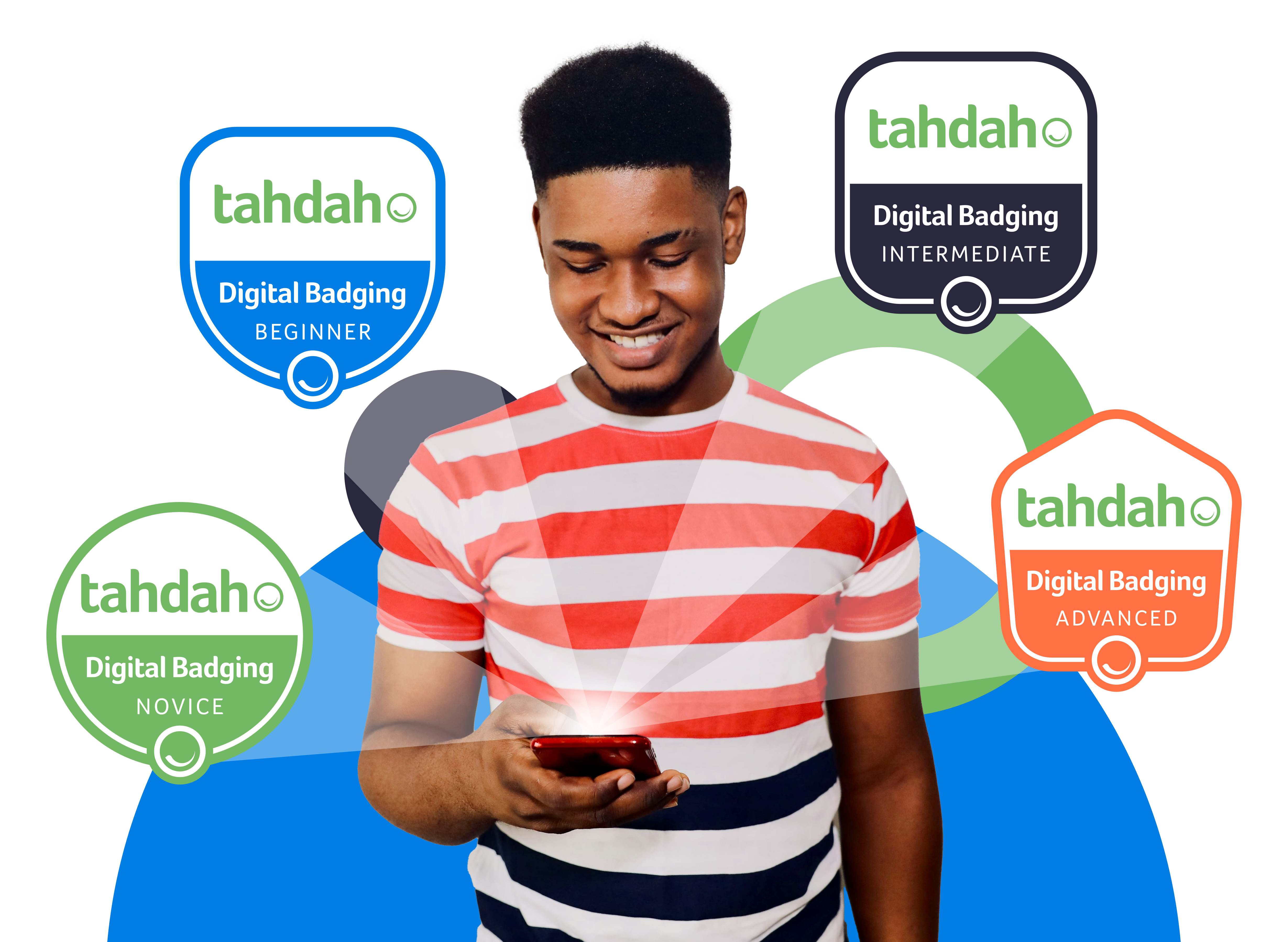Recognising the International Day of Education
The International Day of Education serves as a powerful reminder of the role learning plays in shaping individuals and societies. This year, it’s an opportunity to reflect on the growing need to acknowledge diverse learning pathways and skills. Traditional education alone can no longer meet the demands of an evolving world, and lifelong learning has become more critical than ever. Digital badges are emerging as a practical way to bridge gaps and recognise achievements in both formal and informal settings.
Education in the Digital Age
The traditional education system faces challenges in adapting to the diverse needs of learners. Degrees and diplomas often fail to capture the full spectrum of skills and knowledge individuals acquire over time. As a result, alternative learning pathways, such as online courses, workshops, and micro-credentials, have gained traction. These approaches not only provide flexibility but also align closely with the specific skills required in today’s job market. Digital badges stand at the forefront of this transformation, offering a dynamic way to recognise and verify achievements.
How Digital Badges Empower Learners
Digital badges are more than just digital tokens—they represent a shift in how we value and showcase learning. Here’s how they are making a difference:
- Recognising Skills Beyond the Classroom Digital badges celebrate achievements gained in a variety of contexts, from formal education to hobbies, volunteer work, and professional development. This inclusivity ensures that all learning, regardless of where it happens, is acknowledged.
- Tangible, Verifiable Achievements Learners can display their badges on platforms like LinkedIn, creating a shareable and credible record of their skills. This transparency benefits both learners and employers, making it easier to connect talent with opportunity.
Digital Badging in Action
Institutions and individuals across the globe are already harnessing the power of Digital Badging to highlight achievements. From universities recognising extracurricular accomplishments to training providers validating industry-specific skills, the impact is tangible. For learners, digital badges have become a valuable tool for career advancement, helping them stand out in competitive markets. Stories of individuals who have used badges to secure new opportunities or pivot careers underscore their practical value.
Global Implications
Digital badges hold the potential to address educational inequities by offering a flexible, accessible way to showcase skills. For underserved communities, they can provide recognition for learning that might otherwise go unnoticed. By facilitating international collaboration, digital badges help break down geographic barriers, enabling the sharing of expertise and fostering a more connected, skilled workforce.
The Road Ahead
Looking to the future, digital badges could become the standard for recognising educational achievements, complementing or even replacing traditional certificates in some contexts. A world where all learning—formal, informal, and experiential—is digitally acknowledged would be one where skills truly take centre stage. By embracing this vision, we can create a system that values all forms of learning, empowering a culture of continuous growth.
Making this Happen
As we celebrate the International Day of Education, it’s time to rethink how we recognise learning. Digital badges offer a versatile, forward-thinking solution that benefits both learners and education providers. Tahdah Digital Badging is ready to support this transformation, helping organisations and individuals alike embrace a future where every achievement counts. Let’s work together to make education more inclusive, impactful, and innovative.
